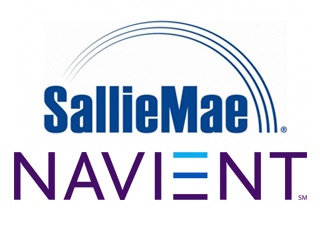What's the Difference between Sallie Mae and Navient?
Two names that come up often when talking about student loans are Sallie Mae and Navient. Many...
Enter the $2,000 Nitro Scholarship now! Apply in 3 Minutes!
Nitro Knowledge. Your Guide to Paying for College.

Two names that come up often when talking about student loans are Sallie Mae and Navient. Many...

It happens all the time. Aid that covered you last year —and that you hoped to have again —isn't...

When your kid was little, it was pretty easy to say no.
No, you’re not going to jump in the mud in...

Do parents have a say when it comes to their child’s college education?

Show of hands: How many of you are hoping (or assuming) that your parents or guardians will handle...

Your child is growing up. It’s time to let him or her take more responsibility, especially with...

Unless you've been fortunate enough to receive a full scholarship or have your costs covered by...

Formulating your college...

Your student has explored every grant and scholarship opportunity.
All the Federal loans have been...